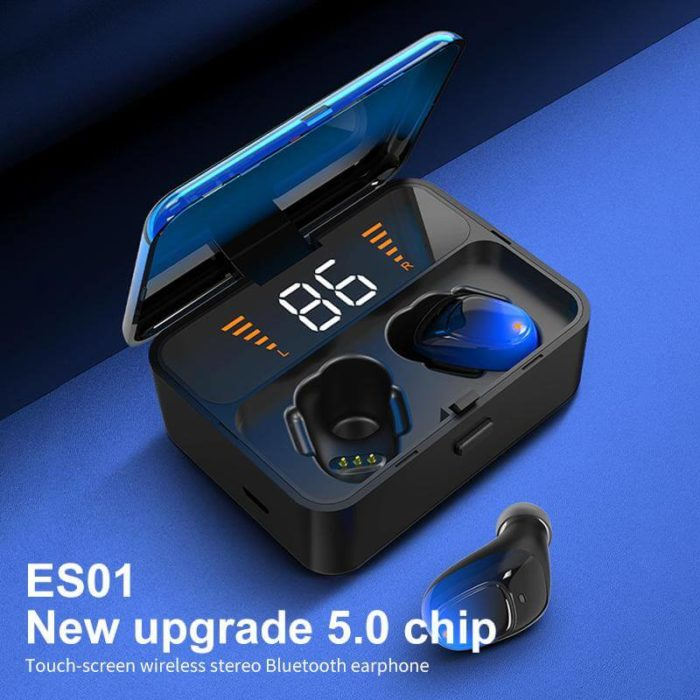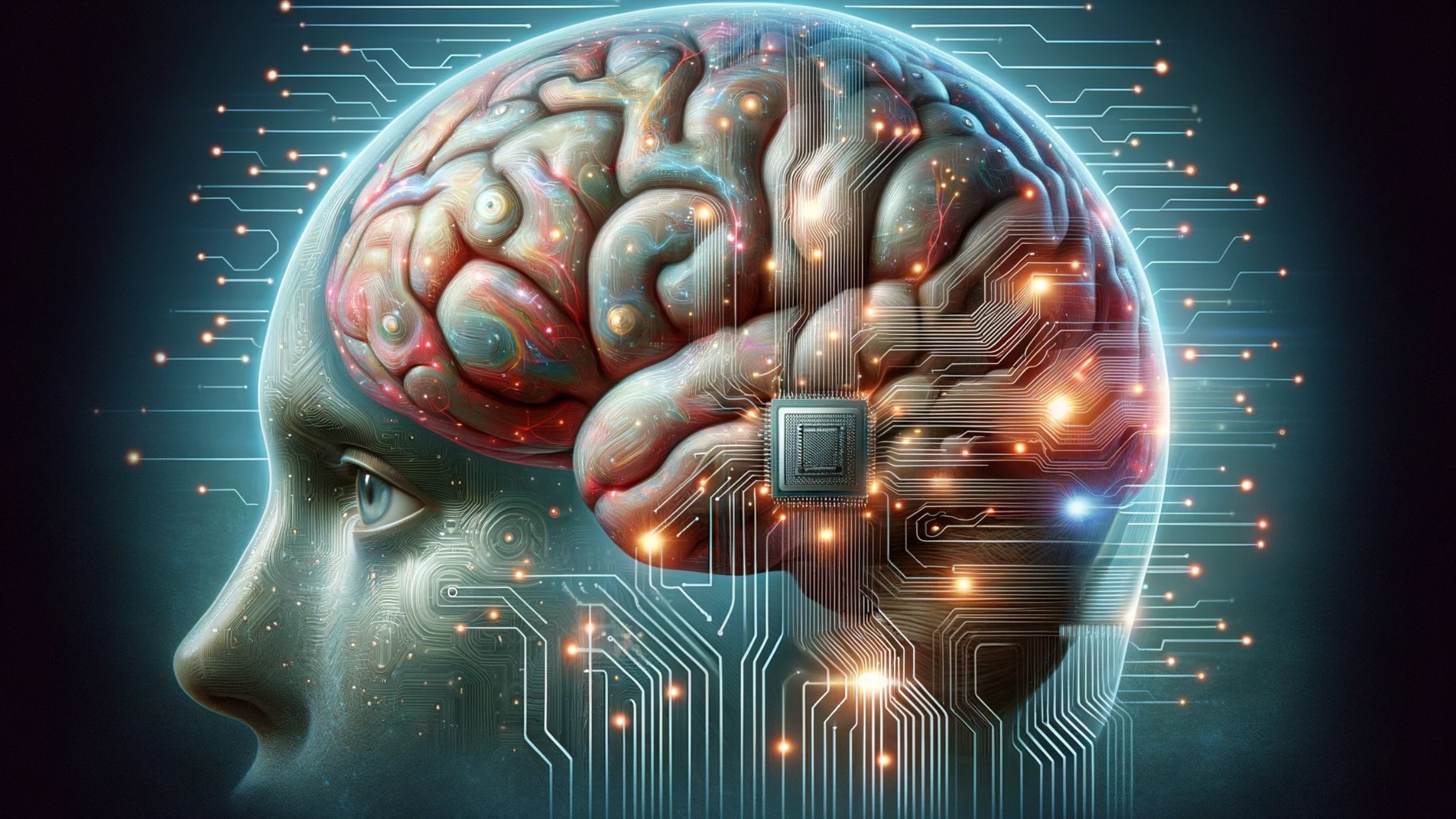In a groundbreaking study, researchers at Indiana University Bloomington have successfully connected brain organoids, clusters of human brain cells grown in a lab, to an electronic chip. This innovative fusion of biology and technology, known as Brainoware, demonstrated the ability to process, learn, and remember information, including rudimentary speech recognition. The findings, published in Nature Electronics, shed light on the potential of bio-computers that could surpass conventional computers in terms of efficiency. By leveraging the strengths of human brains in processing complex information while consuming minimal energy, this pioneering research opens doors to new possibilities in the field of biocomputing.
Key Points
Brain Organoids and Brainoware: The team at Indiana University Bloomington generated brain organoids using stem cells and connected them to a computer chip through Brainoware. This hybrid system showcased the capability to process information and potentially perform computing tasks independently, exhibiting changes in neural networks when stimulated by electrical signals.
Potential Advantages of Bio-Computers: By harnessing the power of brain organoids, bio-computers could overcome limitations faced by silicon-based computers, such as data processing bottlenecks. While conventional computers excel in numerical tasks, human brains excel in processing complex information while consuming less energy.
Task Performance: The researchers conducted experiments to evaluate Brainoware’s performance. They tested its ability to solve mathematical equations and recognize speech by decoding electrical signals generated from audio clips. Although the system achieved an accuracy of approximately 78% after training, artificial neural networks still outperformed it.
Limitations and Future Challenges: Brain organoids do not possess the true ability to hear speech but rather react to electrical stimulation from audio clips. The study did not address the long-term information processing and storage capabilities of Brainoware or its ability to learn multiple tasks. Additionally, generating and maintaining brain cell cultures for computations presents significant challenges.
Implications and Potential: Despite the limitations, this study provides a compelling demonstration of the potential of brain organoids. It highlights their capabilities and encourages further exploration in this exciting field, paving the way for future advancements in biocomputing.
New Insights or Angles
- The integration of brain organoids and electronic chips represents a significant step toward developing more efficient bio-computers.
- Bio-computers offer a unique approach by leveraging the strengths of human brains for complex information processing while consuming minimal energy.
- The study sparks discussions about the ethical considerations surrounding brain tissue manipulation and the boundaries between biological and artificial intelligence.
- Future research may focus on enhancing Brainoware’s accuracy and exploring its potential applications in various fields, including healthcare, robotics, and artificial intelligence.
Conclusion
The successful integration of brain organoids with electronic chips through Brainoware marks a remarkable milestone in the quest to develop advanced bio-computers. This groundbreaking study demonstrates the system’s ability to process information, learn, and even perform rudimentary speech recognition. While challenges and limitations remain, such as accuracy and long-term information storage, the potential applications of brain organoids in biocomputing are vast and promising. Continued research in this field holds the key to unlocking new frontiers in technology and revolutionizing various industries.








